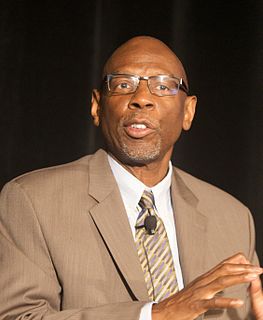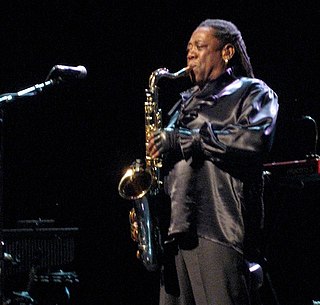A Quote by Jamie Dimon
Americans should understand that 50%, or something like, of the kids in inner-city schools, often poor and often minority, don't graduate. And the ones that do don't necessarily have the skills to get a job. That is the biggest disgrace in this country.
Related Quotes
I feel engaged with young people in Pakistan. But that said, it's still a small minority that reads novels, literary fiction. But it isn't necessarily a small minority of the wealthy elite in the city of Lahore. It can often be and I often do meet at literary festivals students who've ridden a bus 12 hours from a very small town just to hear some of their favorite writers come and speak.
We've made a huge effort globally and in the US, in getting kids jobs. This is one piece. The South Bronx and inner-city schools need it more than most. It's our hometown; JPMorgan Chase banks a lot of people here. If you see the school, it works. Kids all getting jobs, they're smiling, they're proud of themselves. That's what we need to do in inner-city schools.
When you live in a poor neighborhood, you are living in an area where you have poor schools. When you have poor schools, you have poor teachers. When you have poor teachers, you get a poor education. When you get a poor education, you can only work in a poor-paying job. And that poor-paying job enables you to live again in a poor neighborhood. So, it's a very vicious cycle.
As much as politicians, any politicians, Democrat or Republican, are saying they're trying to help the schools, it's hard because our country is in debt. I would like to do something for the inner-city schools because that's our future, and education is very important in helping our country continue to progress and not regress.
I came across this circumstance of undocumented students. These are kids who were brought to this country as youngsters, who are raised as Americans and go to American schools, and then when they graduate high school, they have no prospects in front of them because they are undocumented and illegally in the United States.
When people talk about people being left behind - middle wages have not gone up for years, and we should recognize that, and there I think we need growth and skills - but there are these other people who have been left behind. When I say out loud, "Fifty percent of inner-city schoolkids do not graduate from high school," that is a national catastrophe. We should be ringing the alarm bells. It's not fair.
A film, since it is primarily a visual medium, should really be like a silent film. You should be able to watch something and understand what was going on and use voice when you need to communicate something you can't necessarily communicate visually. The book is the opposite. The book is an inner monologue which is beautiful.
































